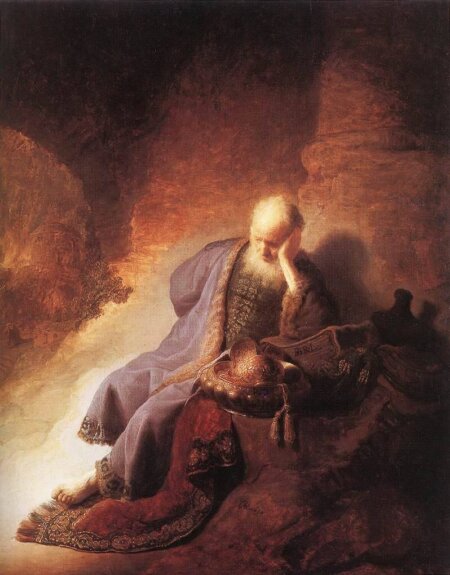Micah Paul Veillon is a writer from Rome, Georgia. He is a recent graduate from Georgia Tech where he studied history, sociology, and philosophy. He is a poet in residence at VoegelinView and his writing has been published in The American Conservative, The European Conservative, and Moonshine & Magnolias, among other publications.

